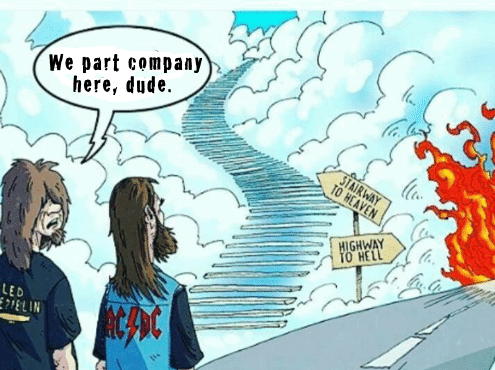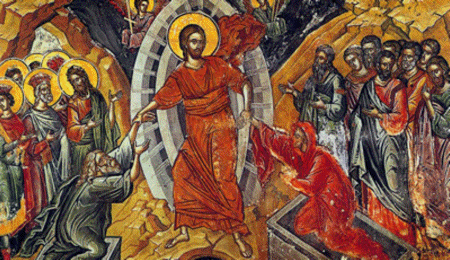- Luther - the faithful would merely visit the new earth,
- Calvin - contemplating the surpassing greatness of God would be far more interesting than tending the new earth.
- Anabaptist Schleitheim Confession of 1527 - focused on earthly trials and ignored the afterlife
- Lutheran Augsburg Confession of 1530 - simply offered “eternal life and everlasting joys” in the midst of more pressing matters such as condemning Pelagians, Donatists, and the aforemen-tioned Anabaptists.
- Heidelberg Catechism of 1563 - promised to Reformed Christians that Jesus Christ, “our Head, will also take us, his members, up to himself” where they will “hereafter reign with him eternally over all creatures.”
- Catechism of the Council of Trent (1566) - gave similar counsels to Roman Catholics: “As for the glory of the blessed, it shall be without measure, and the kinds of their solid joys and pleasures without number.” N
- Anglican 39 Articles of 1571 - none was devoted to the world to come; instead the Articles promised “everlasting felicity” in a clause dedicated to predestination and election.
- Westminster Confession of 1646 - promised to the blessed in the so-called intermediate state between death and the Last Judgment: “The bodies of men, after death, return to dust, and see corruption: but their souls, which neither die nor sleep, having an immortal subsistence, immediately return to God who gave them: the souls of the righteous, being then made perfect in holiness, are received into the highest heavens, where they behold the face of God, in light and glory, waiting for the full redemption of their bodies.”
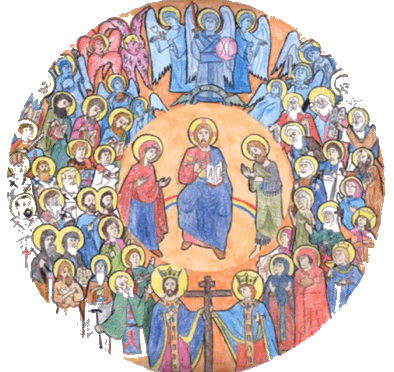
"Liturgy was understood as sacred time when believers worshiped alongside the heavenly host. Images of angels and saints mixed with memorial plaques and physical tombs of deceased church members, adding to the effect."
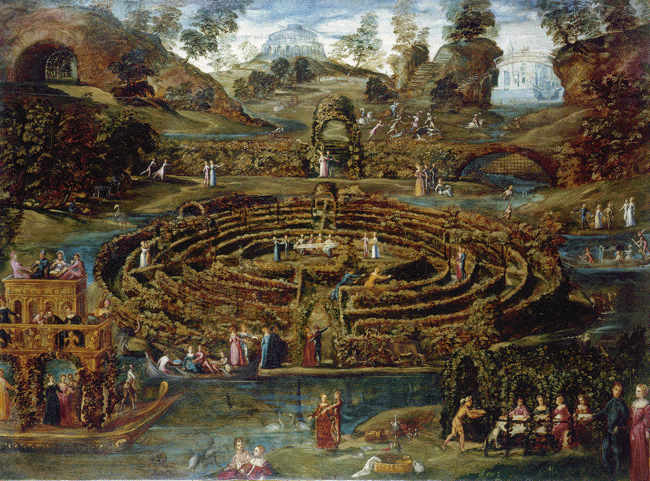
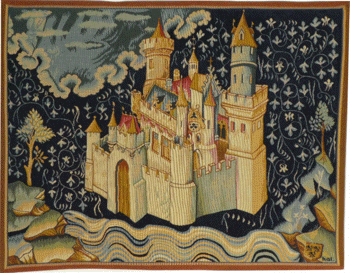
"Sun or moon never shone so sweet
As the flood that flowed out from that floor.
Swiftly it swirled through every street
Free from filth and scum and slime.
There was no church in the city set,
No chapel or temple there at all.
The Almighty was the cathedral fair,
And the Lamb the life-giving sacrifice.
The gates of that place were never shut,
But at all hours were open to all.
For none with blemish beneath the moon
Could ever take refuge within that wall."
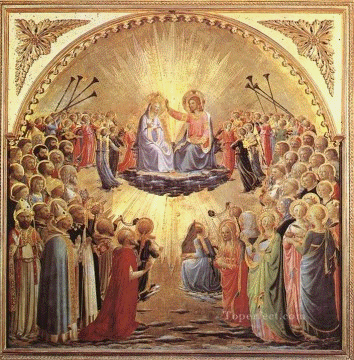 Some images of heaven focus on the heavenly inhabitants themselves and are often referred to as “all saints” images (commemorating All Saints Day, November 1 in the Western church and the first Sunday after Pentecost in the Eastern). Depicting all the inhabit- ants of heaven of course proved impossible, but artists hinted at the divine multitude by tightly packing their compositions with haloed figures:
Some images of heaven focus on the heavenly inhabitants themselves and are often referred to as “all saints” images (commemorating All Saints Day, November 1 in the Western church and the first Sunday after Pentecost in the Eastern). Depicting all the inhabit- ants of heaven of course proved impossible, but artists hinted at the divine multitude by tightly packing their compositions with haloed figures:
Instead, the argument is, Old Testament visions look toward a re-formed Israel enjoying shalom (peace) in the Promised Land and celebrating God in the refurbished, expanded, and glorified city of Jerusalem. Likewise, the New Testament gestures prophetically toward a renewed heaven and earth (parallel with Gen. 1:1) in which the New Jerusalem descends from heaven to earth as the focus of God’s redeemed creation (Rev. 21–22).
So we will not go to heaven, but heaven will come to us. By this account, heaven is the abode of God, and humans cannot live there. Heaven represents God’s unapproachable transcendence. Rather, in a new heaven and a new earth we will enjoy the unspeakable blessing of communion with God who descends to inhabit the city he makes for humanity."
